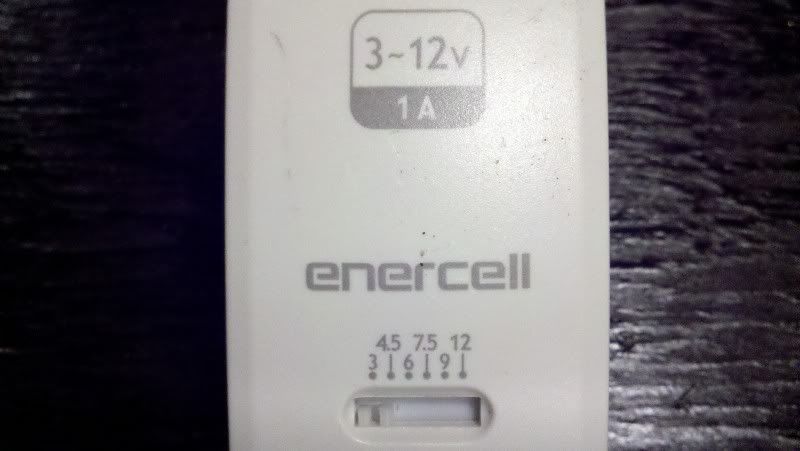Say you started from an empty apartment room, with some money in the bank and a few thousand hours to spare. What equipment and devices would be necessary to start making just one laser?
I ask this question because the tutorials always seem to be missing stuff by assuming everyone has "one of those", whatever those happen to be.
So far, I've been able to add these items to my must-haves Wish List:
edit: I'll continue updating this list as soon as I know what these things are. I'll probably make a photo album to post pictures too.
I recognize this list is no where near complete, and have question marks (?) next to categories I know little about. I'd like some help finishing this list and making it functional with trustworthy examples. Then It would be fun to tally the minimum costs of assembling one laser.
I also recognize there's full blow shop equipment, and that would be cool to list as well, like a lathe or mill, for instance.
Right now I'm trying to figure out how much this is setting me back before I decide where to go next in terms of investing.
I ask this question because the tutorials always seem to be missing stuff by assuming everyone has "one of those", whatever those happen to be.
So far, I've been able to add these items to my must-haves Wish List:
- a pair of safety glasses for colors you work with
- LPM/Laserbee
- DMM (digital Mult-iMeter) added
- soldering iron
- solder/flux/rosin
- a metal file
- gray superfine grain sand paper
- a hacksaw or jigsaw capable of cutting copper/brass/aluminum
- a stable drill or dremel that doesn't wobble
- some kind of precision screwdriver for small parts
- Li-Ion batteries like A123 18650 3.3v, 3.7v, etc.
- a work table
- some kind of clamping tool like a soldering iron "third hand"
- magnifying glass/jeweler's lens added
- tweezers, foreceps/alligator clips added
- Vice to press in diodes added
- a very bright lamp
- needle nose pliers/wire clippers
- wire strippers added
- some kind of wire(?)
- drivers like a flex driver or linear (saves lots of time)
- driver parts, like an LM317, resistors, and a small board
- veraboard/stripboard added
- hosts, typically aluminum flashlights, such as Surefire ($10-$20+)
- anti-static wristband for working with the drivers
- thermal adhesive
- heat shrink tubing
- a power drill with an assortment of tough small drill bits (for diodes that don't fit)
- White/metal pen for writing on black/metal surfaces (more useful than you think)
- Some kind of electrical manual useful for making the drivers(?)
- diodes ($3-$45+ each)
- heat sinks Aluminum or Copper($10-$50+ if custom)
- focusing lenses(Aixiz for example, beware of partial threading)
edit: I'll continue updating this list as soon as I know what these things are. I'll probably make a photo album to post pictures too.
I recognize this list is no where near complete, and have question marks (?) next to categories I know little about. I'd like some help finishing this list and making it functional with trustworthy examples. Then It would be fun to tally the minimum costs of assembling one laser.
I also recognize there's full blow shop equipment, and that would be cool to list as well, like a lathe or mill, for instance.
Right now I'm trying to figure out how much this is setting me back before I decide where to go next in terms of investing.
Last edited:







